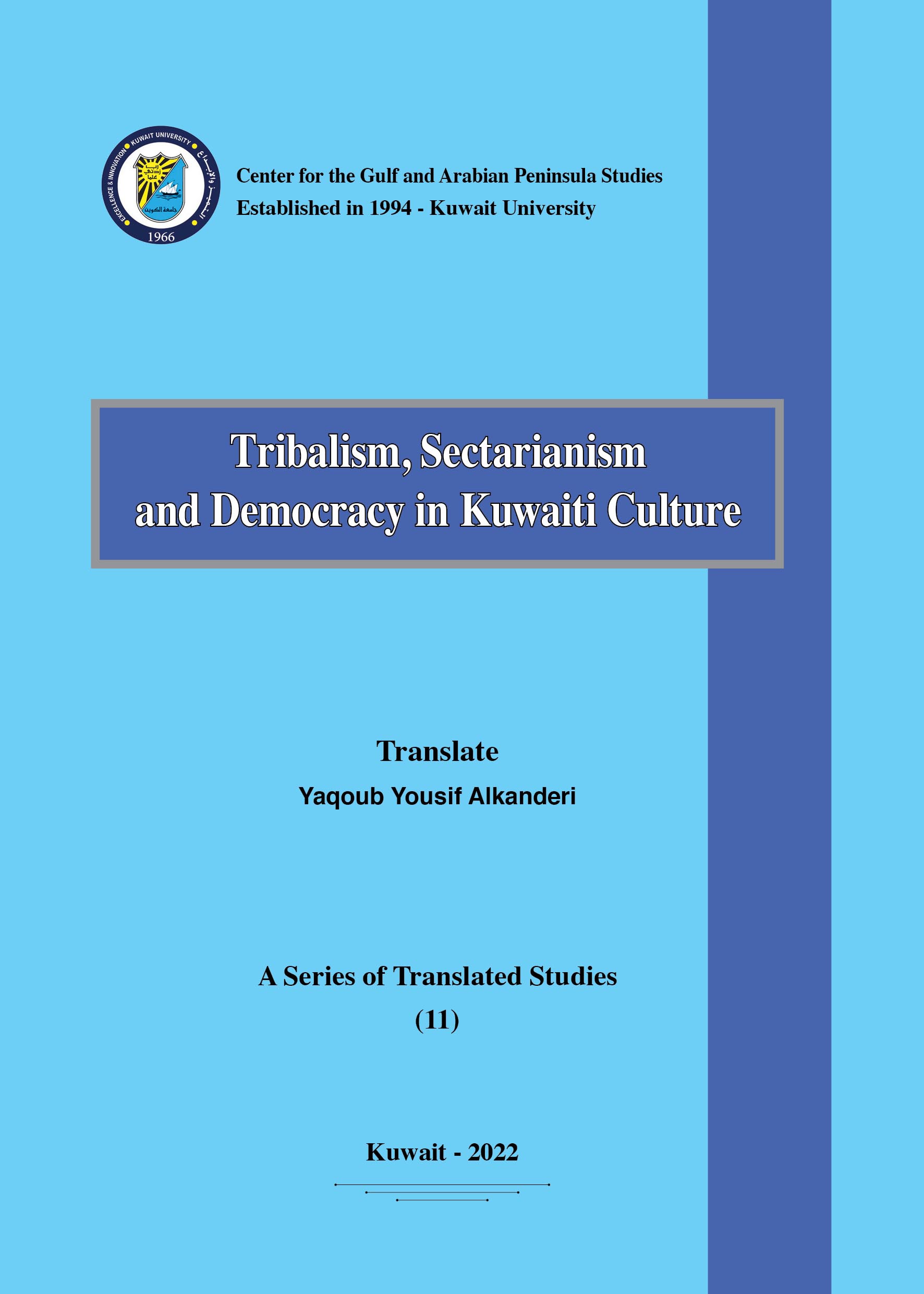Abstract:
The absence of legal equality and social justice between different social, ethnic and segments groups play a major role in the heterogeneity of societies. However, the process of nation building and building a new state is supposed to dissolve differences and overcome them, and these differences between the population should not be a stumbling block in the way of building a national identity that usually overcomes ethnic and religious differences. However, adhering to a single national identity does not require denying or not considering ethnic and religious identity, but the challenge remains in maintaining a balance between both identities: patriotism, which is linked to the individual being a citizen, and the identity, which is linked to the origin to which the individual belongs. Maintaining this balance in such a way that the individual does not neglect any other identity in order to stabilize a society that can live in harmony among its components. Kuwait is an example of a heterogeneous society with divisions at the tribal and sectarian levels.Therefore, Kuwait is considered a stable political entity because the ruling elite usually intervenes. To consider the needs of all social components in this country. The ruling elite seeks to ensure the satisfaction and happiness of all social segments and components, a practice that has led to stability in this society since its inception.
Hits : 984
